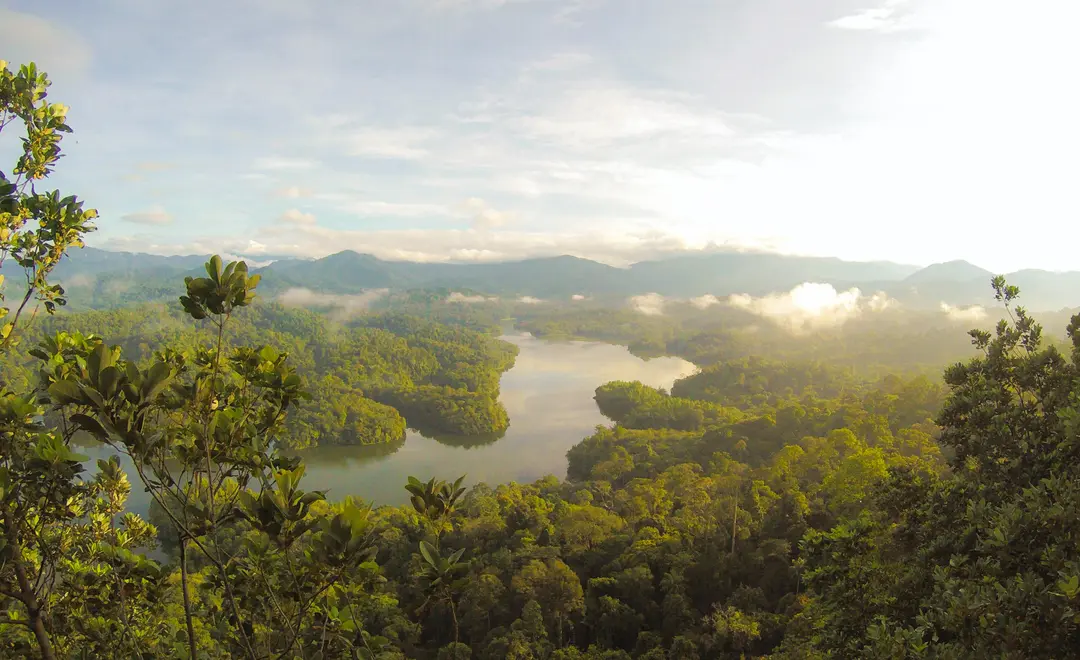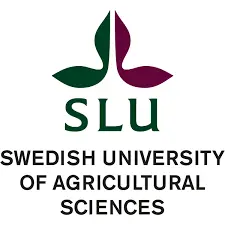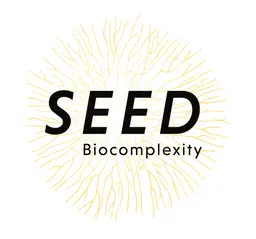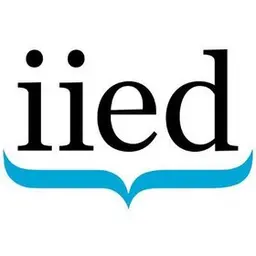
BCA’s Mission
The Mission of the BCA is to bring clarity and guidance for the formulation of a credible and scalable biodiversity credit market under Global Biodiversity Credit Principles that seek to mobilize financial flows towards biodiversity custodians while recognising local knowledge and contexts


BCA's Objectives
- To define and categorise biodiversity credits
- To identify Global Biodiversity Credit Principles (Global Principles) that all biodiversity credit methodologies should achieve
- To develop and/or identify a model set of Digital Standards that can be adopted into Distributed Ledger Technologies (DLT) to create a transparent, easily auditable and scalable ecosystem for biodiversity credits.
- To establish a peer review mechanism to:
- certify standards and methodologies against the BCA Global Principles
- validate site specific metrics for application at a project site level
- verify a project's data science
- To approve validation and verification bodies (VVBs) that meet BCA standards
- Index of all credits issued under the Global Principals
- To establish a community of practice for those organisations in the quantification of biodiversity credits.
The BCA in Perspective
Being primarily an alliance of experienced field-based conservation practitioners and academics, BCA's value is the direct connection to communities, project supply and science. The BCA aims to define and categorise biodiversity credits, co-develop a model set of digital standards for the market, and establish a peer review mechanism for biodiversity credits.
The BCA will work with WEF and the Natural Capital Alliance in relation to their integrity and governance initiatives and many BCA members are participating in the WEF working groups, and intend to offer a ground-truthing of the WEF integrity principles with pilot projects.
The BCA is open to and welcomes discussions on how it can cooperate with ecological standard setters, helping to guide their progression from the voluntary carbon market. Members of the BCA are already participating actively in standard setters' working groups on biodiversity credits.


Biodiversity Credits Explored
- In BCA's view, a Voluntary Biodiversity Credit (VBC) is a tool to enable investment in nature conservation, and can be broadly defined as a quantifiable unit representing a biodiversity claim using a scientific methodology
- A VBC sits in contrast to a regulated biodiversity offset credit used for compliance purposes; which in most cases presupposes existence of “equivalence”. Biodiversity Credits are not an attempt to capture nature, nor to commodify it. Voluntary Biodiversity Credits are generated for corporations' own nature-positive commitments without being used for compliance purposes.
- Biodiversity Custodians are defined as those stakeholders in the Biodiversity Value Chain and Ecosystem identified as having rights to or being responsible for the natural resources within a project site. Identifying these entities or persons for a parcel of land is essential if they are to be compensated for its protection and enhancement.
A Digital Approach
To attract the funding required to set us on the path to achieve the 2030 nature positive goal, scalability should be front of mind. Lack of trust, transparency and traceability will impede rapid growth.
The BCA aims to learn from the mistakes made in the development of the carbon credit market: many of its principles, while following science, did not plan for scalability including the design and deployment of technology like Distributed Ledger Technology ( DLT) in its architecture.
BCA's ultimate goal is to have verification integrated within Web3 / DLT policy engines, helping shape the biodiversity credits market by:
- Co-developing the biodiversity / ecological credit vocabulary and definitions with an existing DLT voluntary ecological credit working group, led by the Interwork Alliance.
- Use of these identified digital standards will include the tokenization of credits, contractual extensions, workflows, and analytics that will be used to generate and trade auditable biodiversity units.


BCA Structure and Timeline
Up through July 2023, the BCA will function as an Informal Working Group (IWG). In this period, the BCA will be facilitated through:
Secretariat
Lead developers
Task-force
Forum
Members & Partners























Contact the BCA
If you are interested in joining the BCA, please contact us by filling in the contact form below. We will be happy to set up an initial conversation followed by a streamlined on-boarding process.